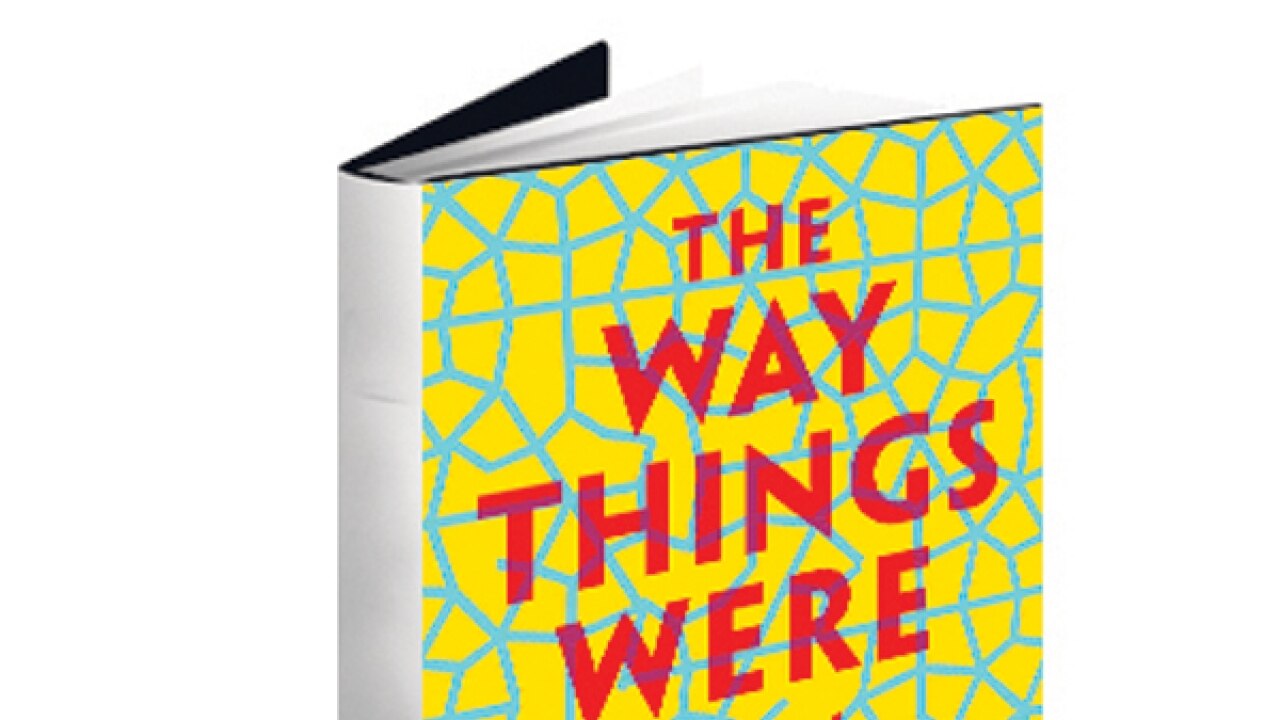
Book: The Way Things Were
Author: Aatish Taseer
Publisher: Picador
Pages: 565
Price: Rs 699
Call it coincidence. Or Aatish Taseer's remarkable foresight. In an interview to a news agency last year, Taseer admitted to having abandoned an early draft of his fourth and latest novel, The Way Things Were, in 2010. He took it up again a year later and by the time the book came out, the 2014 general elections were over.
The ensuing dramatic changes in the political landscape of the subcontinent and the recent focus on Sanskrit language set a lovely context for this book. The Way Things Were is a pot pourri of biography, fiction, history, nationalism and nostalgia. It's a mirror that Taseer holds up to a country—and society—that has severed ties with its majestic past and made the language of the gods bear the brunt of its atavistic tendencies.
Toby, a Sanskrit scholar and the last maharaja of a remote northern province, is on his deathbed when the book opens. Disenchanted by the country and culture that has little regard for his life's work, Toby had left India in 1992. Skanda, his son and a Manhattan-based Sanskrit student, gets the news from his mother and Toby's first wife Uma. So he sets out to meet Toby in Geneva, but ends up returning to present-day India to conduct his father's last rites.
In the following pages, we progress through the past and the present, and meet an array of characters from whose eyes we see an India that is under the yoke of a society that has turned a blind eye to the past.
An important 'character' is that of a drawing room in Lutyens Delhi, which is part and parcel of Taseer's books—and maybe his growing up years. It's where the affluent and the self-styled elite discuss the fate of the country and lament the collapse of a culture where mindful intellect prevailed. In The Way Things Were, we witness this degeneration through a troubled relationship between Toby and Uma, which forms the microcosm of a nation reeling under a series of unfortunate incidents, such as the Emergency, 1984 riots, Bhopal gas tragedy and the demolition of the Babri Masjid in 1992.
These incidents elevate The Way Things Were to epic proportions. For Taseer, like for many other Indian authors who write in English, the personal is not just political, but also national. So a book that starts with a smattering of family members soon becomes the story of more than a billion Indians. And in the middle of it is a languishing language.
The Way Things Were sags under the weight of some superficial drawing room discussions and philosophical dialogues, which appear symbolic and out of tune with the overarching theme of getting down to the root. Moreover, Taseer's characters, though strong and distinct, are largely constrained and sometimes predictable. But this book scores high on Taseer's handling of Sanskrit and cognates—words in different languages with common origins—which lend it a distinct flavour that is lacking in a majority of modern Indian writing on India.
In the same interview, Taseer had said, "We are in no way the true heirs to our past; we are hardly even aware of it." Those familiar with Taseer's earlier works will agree that The Way Things Were is a giant leap forward in his attempt at disregarding the status quo. But in the grand scheme of things, there are still miles to go.